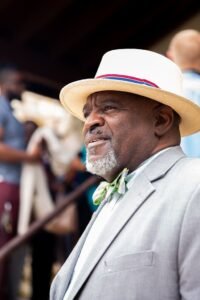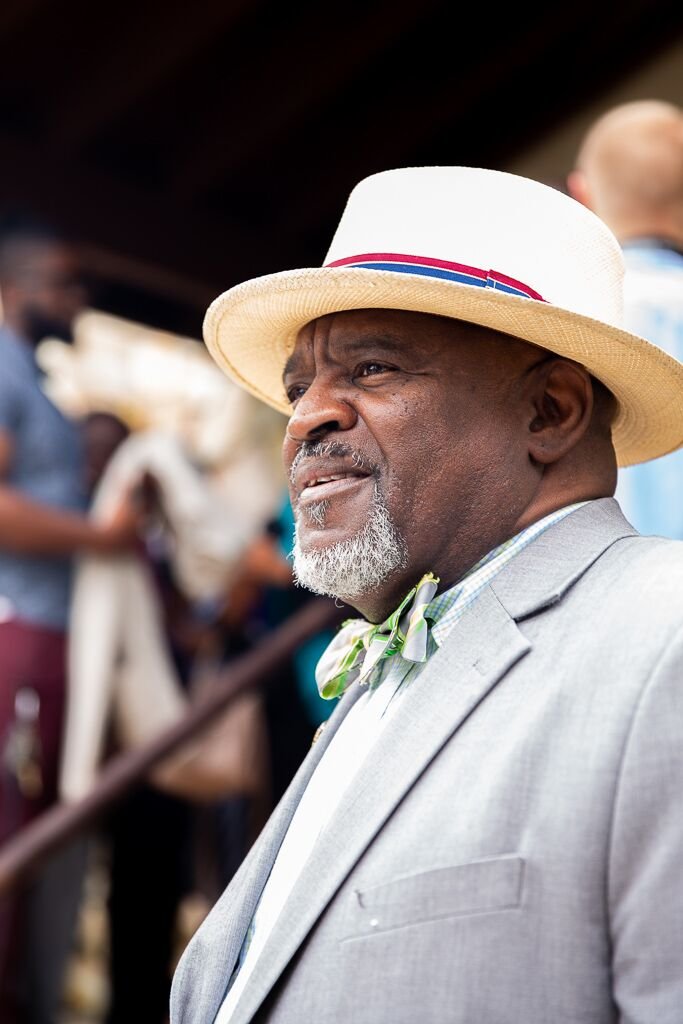The Supreme Court has decided against hearing a workplace accommodation case involving a Seventh-day Adventist, but hints that it may revisit employer accommodation standards in the future.

[dc]O[/dc]n February 24, 2020, the United States Supreme Court announced it would not hear the workplace religious freedom accommodation case, Darrell Patterson v. Walgreen Co.
Justice Alito, joined by Justice Thomas and Justice Gorsuch, penned a two-page detached opinion stating that the issue deserves review but that “this case does not present a good vehicle,” to address the issue adequately. Justice Alito stated, “I reiterate that review of the Hardison issue should be undertaken when a petition in an appropriate case comes before us.”
In Trans World Airlines, Inc. v. Hardison, 432 U.S. 63, 84 (1977), the Supreme Court ruled “that Title VII did not require an employer to make any accommodation for religious practice if doing so would impose more than a de minimis burden.”
As a result of Hardison, although employers could not overtly discriminate against an individual because of his or her beliefs, employers only had to make a minimal effort to accommodate religious practices.
Darrell Patterson, a Seventh-day Adventist, as a matter of religious belief, did not work on the Sabbath from sundown Friday to sundown Saturday. His employer, Walgreen, had accommodated him for years, but when he refused to participate in an unusually scheduled Saturday training session he was fired. He filed a religious discrimination lawsuit and lost at the lower level courts, and he ultimately appealed to the Supreme Court in August 2018.
Walter E. Carson and I had filed Founders’ First Freedom’s first amicus brief asking the Supreme Court to hear the case. We asked the Court to consider the case to provide guidance to lower courts that inconsistently addressed workplace religious accommodation cases. Carson is a Supreme Court veteran who successfully argued before the Court that the state of Florida had violated the Free Exercise Clause when it denied unemployment benefits to an employee who was terminated for refusing to work on during the Sabbath Hours in Hobbie v. Unemployment Appeals Commission of Florida, 480 U.S. 136 (1987).
While we are disappointed that the Court decided not to hear Patterson v. Walgreen, we honor Mr. Patterson for his courage and faithfulness to his beliefs, and we are thankful for the privilege to be in the arena. We look forward to engaging in future cases.

Case Materials: Darrell Patterson, Petitioner v. Walgreen Co. (Docket No. 18-349)
Photo: The Becket Fund Media Kit
